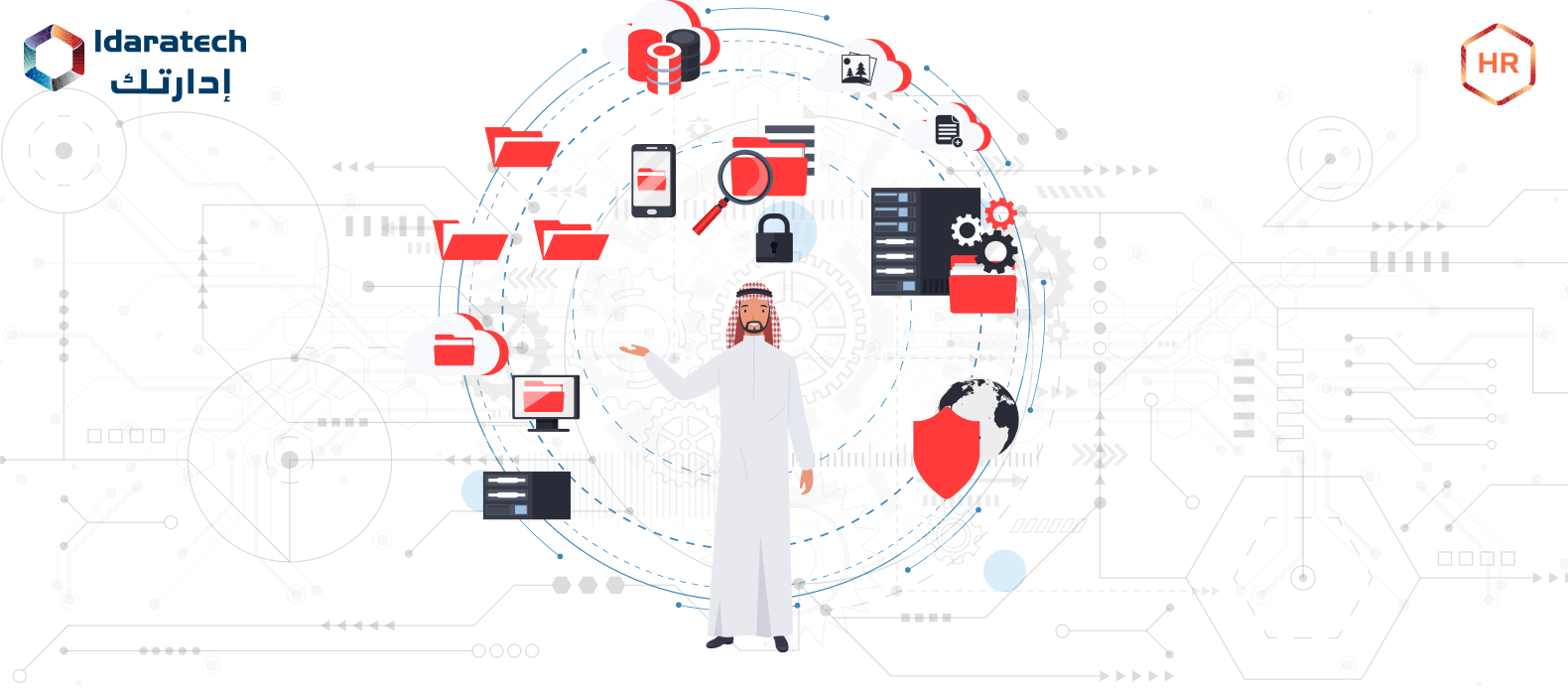Self-service solutions have become the norm for many tasks, and your employees are no exception. Just as they prefer using apps to resolve issues in their personal lives, they would also appreciate the convenience of a self-service system for work-related matters.
An employee self service portal provides a centralized platform to access and manage their HR information, such as updating personal details, viewing pay stubs, requesting time off, and enrolling in benefits. This empowers employees to take control of their own HR needs and streamlines HR processes for your organization, reducing costs and improving efficiency.
In this article, we will discuss what employee self-service means, how it works, and how to create a self-service system that your employees will use.
People are accustomed to using self-service options to resolve issues quickly and conveniently. A recent study found that 61% of customers prefer to resolve simple matters through self-service channels. This same expectation extends to the workplace. Your employees would use an app or portal to handle HR tasks rather than call the help desk.
An Employee Self Service Portal in Saudi Arabia is a great way to empower your employees and improve their overall experience. It also has the potential to save your company money by reducing the number of calls to the help desk.
In this blog post, we will discuss the Employee Self Service Portal in Saudi Arabia, how it works, and how to create a system that your employees will use.
What is an Employee Self Service Portal in Saudi Arabia?

An Employee Self Service Portal in Saudi Arabia is a web-based platform that provides employees with secure access to their HR-related information and allows them to perform various tasks independently. ESS portals are becoming increasingly common in Saudi Arabia, as they can help improve employee productivity and satisfaction and reduce administrative costs for employers.
What does an ESS portal typically offer?
- Access to personal information: Employees can update their contact details, emergency contacts, and other personal information.
- Review of payroll details: Employees can view their pay stubs, tax information, and other payroll-related details.
- Enrollment in benefits: Employees can enrol in health, dental, and vision insurance benefits.
- Requesting time off: Employees can submit requests for vacation, sick leave, and other forms of time off.
- Tracking attendance: Employees can view their attendance records and check their remaining leave balances.
- Accessing HR documents: Employees can access important HR documents such as company policies, employee handbooks, and training materials.
Benefits of a Employee Self-Service Portal

1. Benefits for Employees
- Increased convenience and access to information: Employees can access their HR information and transactions from anywhere, at any time. This can be a significant time-saver for employees, as they no longer need to wait for HR representatives to process their requests.
- Greater autonomy and control: Employees can manage their HR information, such as contact information, benefits enrollment, and time off requests. This can give employees a greater sense of control over their work lives.
- Reduced paperwork and improved efficiency: Employee Self Service Portal in Saudi Arabia can help to reduce paperwork and improve efficiency by automating many HR processes. This can free up HR representatives to focus on more strategic tasks.
- Improved communication and collaboration: ESS portals can provide employees a central location to communicate with HR representatives and other employees.
2. Benefits for Employers
- Reduced HR costs: ESS portals can help to reduce HR costs by automating many HR processes. This can free up HR representatives to focus on more strategic tasks.
- Improved employee satisfaction: Employees who can access and manage their HR information are typically more satisfied with their jobs. This can lead to increased employee productivity and retention.
- Reduced risk of errors: Employee Self Service Portal in Saudi Arabia can help to reduce the risk of errors by automating many HR processes. This helps ensure that employees are receiving accurate information and benefits.
- Increased compliance: ESS portals can help ensure employers comply with HR regulations. This can help to avoid legal and financial penalties.
Challenges Of Using Employee Self Service Portal

Employee Self Service Portal in Saudi Arabia offer a convenient way to access HR information and manage HR-related tasks. However, there are several challenges that organizations in Saudi Arabia face when implementing and using employee self-service portals.
1. Technological Complexity
Integrating multiple self-service channels, such as retirement accounts, wellness programs, portals, and intranets, can be technologically complex. This is because login procedures and data formats vary widely between systems. This complexity can make it challenging to implement and maintain an employee self-service portal that is user-friendly and efficient.
2. Employee Adoption
It can take significant time and effort to educate employees about the capabilities and features of an employee self-service portal. Additionally, motivating employees to start using the portal can be a challenge. This is because employees may resist change or not see the value of using the portal.
3. Vendor Selection
Upgrading to a new employee self-service system can be a complex process. One of the biggest challenges is selecting the right vendor. Several vendors offer employee self-service solutions, and it can take time to determine which vendor best fits an organization’s needs.
4. System Integration
Organizations may need to purchase different systems from different vendors to meet their needs. This can pose several challenges, such as ensuring that the various systems are compatible and that data is integrated correctly.
5. Balancing Single-Vendor vs. Multi-Vendor Approach
Companies must decide whether to adopt a single-vendor solution encompassing all ESS functionalities or a multi-vendor approach combining specialized modules from different vendors. The choice hinges on factors such as budget constraints, the complexity of organizational needs, and the potential for future integrations.
6. Cultural Sensitivity and Language Localization
Organizations must adapt their Employee Self Service Portal in Saudi Arabia in a diverse and multicultural workplace to accommodate different languages, cultural nuances, and communication styles. This may involve providing multilingual interfaces, incorporating culturally relevant content, and tailoring support mechanisms to address specific needs.
Conclusion
Now that we’ve explored the key aspects of an effective Employee Self Service Portal in Saudi Arabia, it’s evident that such a system can bring several advantages to your organization. Additionally, ESS empowers employees to handle routine tasks and queries independently, reducing the need for constant HR involvement.
To sum up, Employee Self Service is a key consideration for a HRMS, enhancing employee autonomy, streamlining workflow for managers, and ultimately contributing to increased organizational productivity.
FAQs
Question 1: What are the standard features of an Employee Self Service Portal in Saudi Arabia?
Standard features of ESS portals in Saudi Arabia include:
- Personal information management
- Payroll and benefits information
- Time and attendance tracking
- Learning and development resources
- Employee directory
Question 2: How can I access my ESS portal in Saudi Arabia?
Your organization should provide you with instructions on how to access your ESS portal. You must visit a specific website and enter your employee ID and password. Contact your HR department for assistance if you need help accessing your portal.
Question 3: How can I ensure my personal information is secure on my ESS portal?
To protect your personal information on your ESS portal, follow these guidelines:
- Maintain the privacy of your password and change it frequently.
- Avoid accessing your portal from public computers or networks
- Use caution while opening attachments or clicking links from senders you don’t know.
- Report any suspicious activity to your HR department immediately
Question 4: Are there any regulations or compliance requirements related to Employee Self Service Portal in Saudi Arabia?
Yes, organizations in Saudi Arabia must adhere to data privacy regulations, such as the Saudi Personal Data Protection Law (PDPL), when collecting, storing, and using employee information through ESS portals. These regulations mandate transparency, data security, and individual control over personal data.

